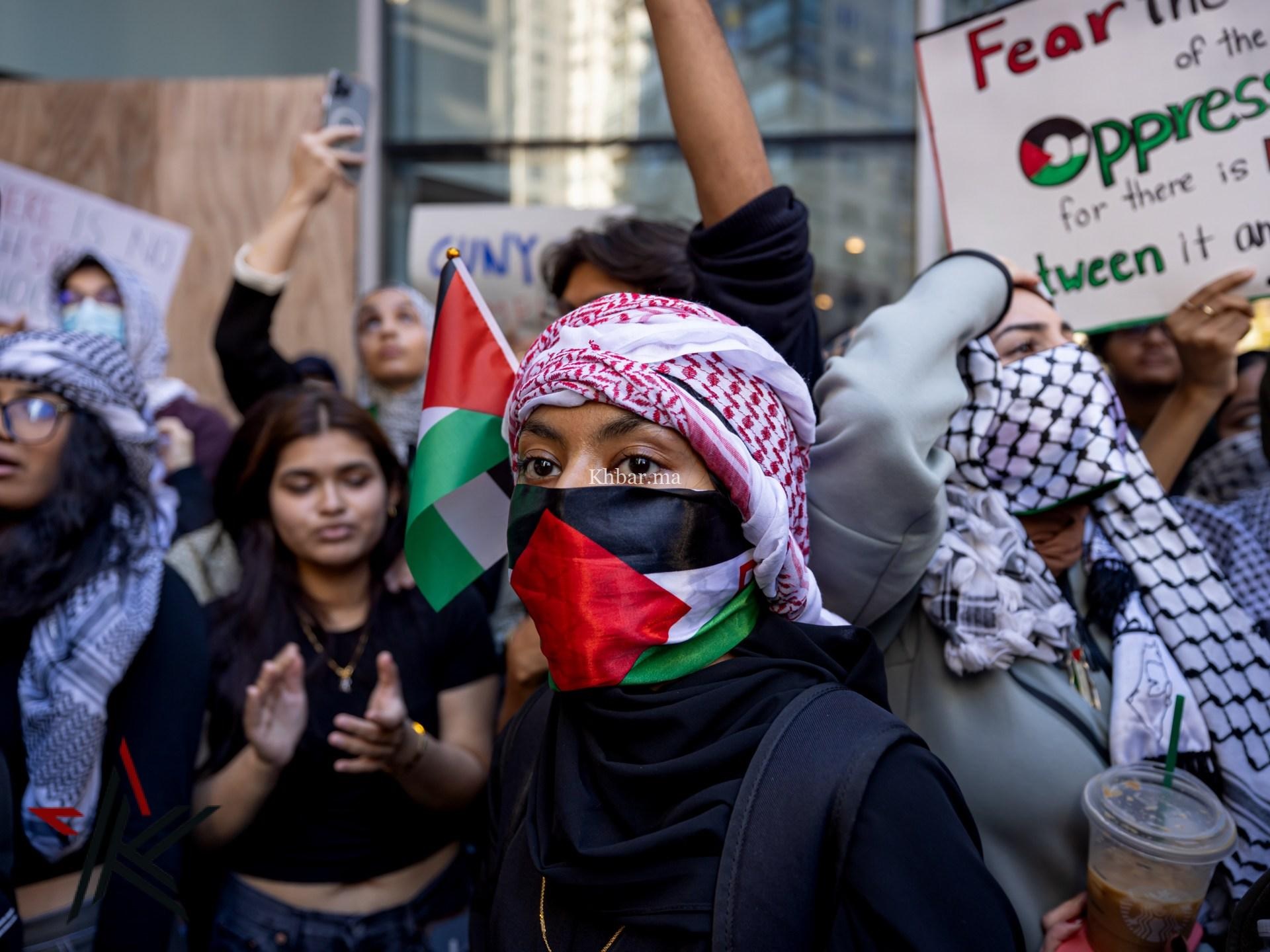Some voters are considering the “uncommitted” option as a form of protest or expression of dissatisfaction with the political status quo. This option involves abstaining from endorsing any specific candidate and instead selecting “uncommitted” on the ballot during the Democratic primary elections, particularly in Michigan. By choosing this option, voters indicate their support for the party while conveying that they are not fully committed to any of the candidates listed.
The uncommitted votes will not count towards Biden’s tally, nor will they affect Trump, who is not part of the Democratic primary. Although this choice won’t be available in the general elections, the accumulation of uncast votes and improperly marked ballots could potentially decrease Biden’s overall vote count. Initiatives like the #AbandonBiden campaign in Minnesota and efforts led by groups such as “Listen to Michigan” aim to attract thousands of voters to choose the uncommitted option, sending a message to Biden and other political leaders.
This strategy reflects a broader dissatisfaction with the political landscape, particularly regarding issues such as the Gaza conflict. Elected leaders, including Rashida Tlaib and Dearborn Mayor Abdullah Hammoud, have publicly expressed their intention to vote uncommitted in order to signal their discontent and urge Biden to reconsider his approach.
What are the states considered strongholds for Arab American voting?
There are approximately 3.5 million Arab Americans according to the Arab American Institute, constituting about 1 percent of the U.S. population. Around 65% of them are Christians, about 30% are Muslims, and a small number practice Judaism.
While these groups tend to vote based on various interests, “there is almost unanimous consensus on the need for a ceasefire in Gaza,” as stated by Youssef Chouhoud, a researcher in race and religion at Christopher Newport University in Virginia.
Dearborn, Michigan, is home to the largest Arab American community in the United States – over 40 percent of the city’s population. Georgia, Pennsylvania, Florida, and Virginia are also home to large Arab communities.
At least three of those states – Georgia, Michigan, and Pennsylvania – will be battleground states in November, where the difference in Democratic and Republican support is marginal, and small shifts could swing the results.
Arab American votes made a difference in the closely contested 2020 race. Biden led Trump by a margin of 154,000 votes in Michigan – most attributed to the Arab American community, which accounted for 5% of the votes. Michigan is home to an estimated 240,000 Arab Americans.
In Georgia, Biden won by fewer than 12,000 votes. The state is home to over 57,000 Arab Americans.
However, the growing discontent in those communities means, for the first time in 26 years, the Democratic Party is no longer an option for many Arab American voters, whether they are Christians or Muslims. Biden’s approval ratings among Arab Americans dropped from 59% in 2020 to 17% in 2023.
What are the effects of abstaining from voting?

